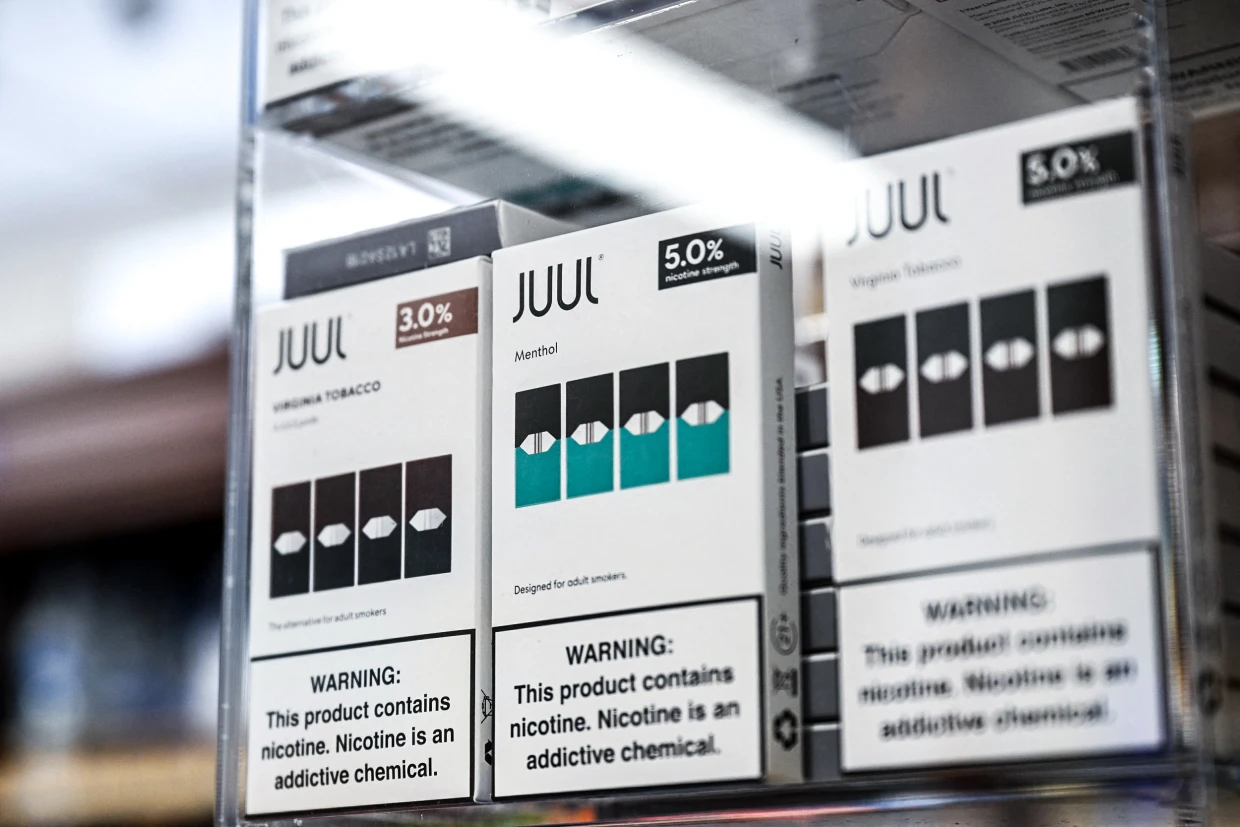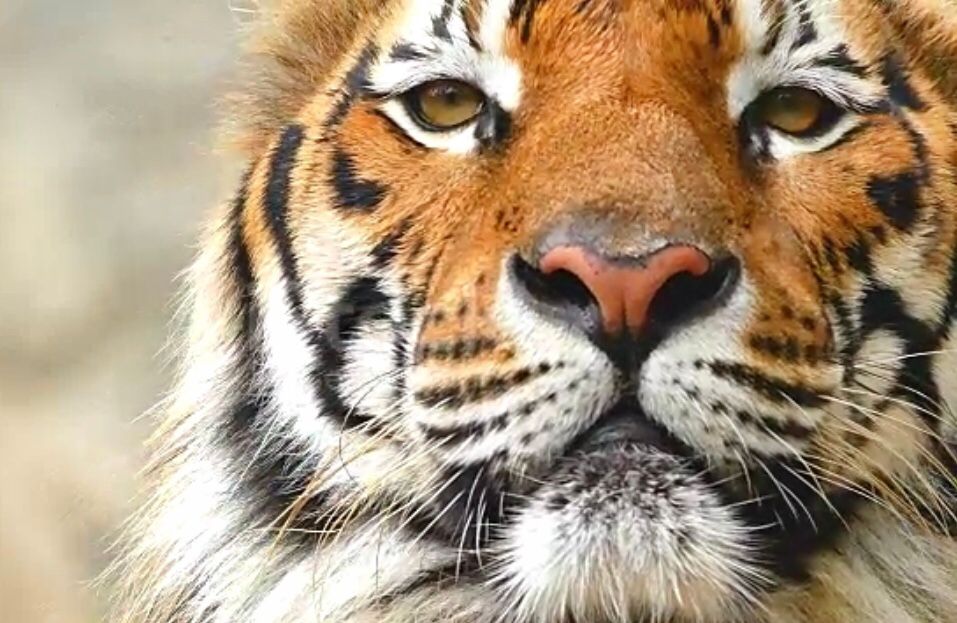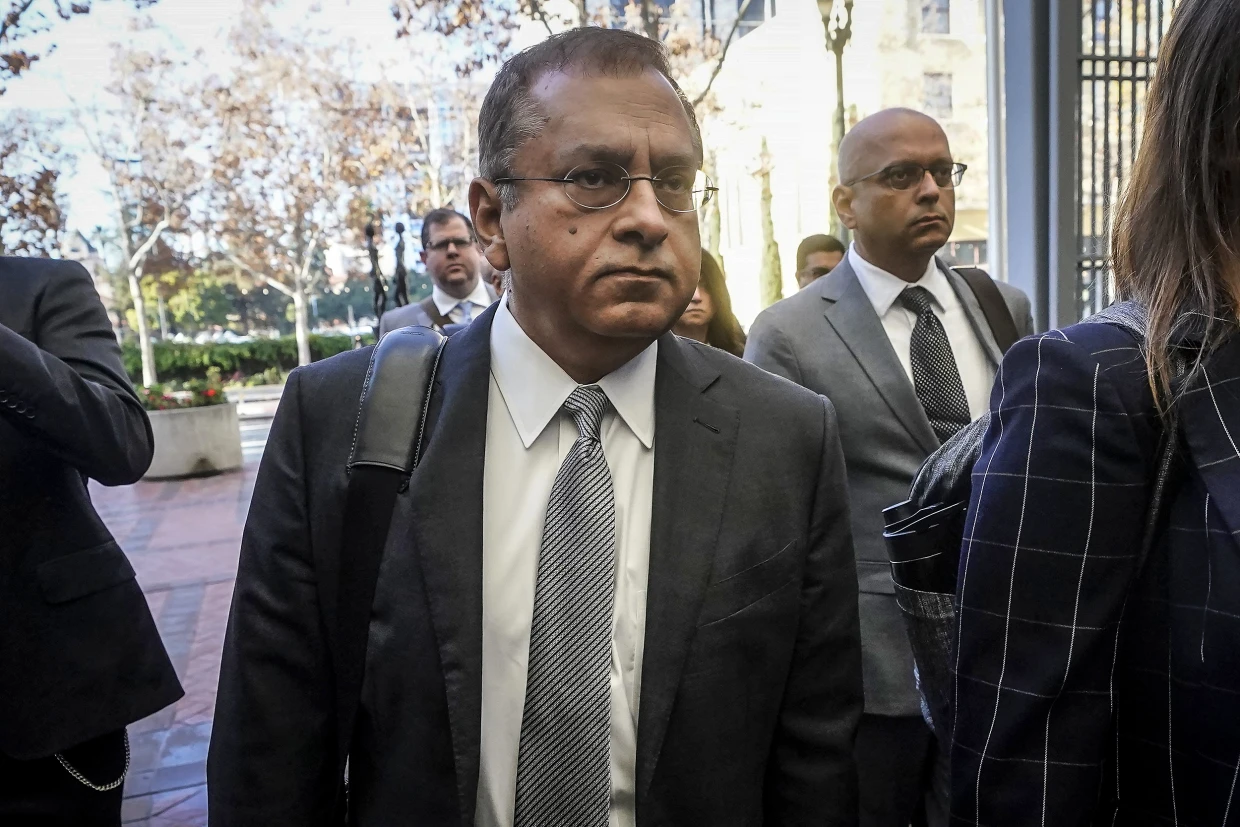Business
Juul reaches settlements covering more than 5,000 cases

Buffeted by lawsuits, Juul announced hundreds of layoffs last month and bankruptcy appeared likely as it secured financing to continue operations.
Juul Labs has reached settlements covering more than 5,000 cases brought by about 10,000 plaintiffs related to its vaping products.
Financial terms of the settlement were not disclosed, but Juul said that it has secured an equity investment to fund it.
Buffeted by lawsuits, Juul announced hundreds of layoffs last month and bankruptcy appeared increasingly likely as it secured financing to continue operations.
The e-cigarette maker faced thousands of suits brought by individuals and families of Juul users, school districts and Native American tribes. This week’s settlement resolves those cases, which had been consolidated in a California federal court pending several bellwether trials.
“These settlements represent a major step toward strengthening Juul Labs’ operations and securing the company’s path forward,” a company spokeswoman said in a statement.
Juul rocketed to the top of the U.S. vaping market five years ago on the popularity of flavors like mango, mint and creme brulee. But the startup’s rise was fueled by use among teenagers, some of whom became hooked on Juul’s high-nicotine pods.
Parents, school administrators and politicians largely blamed the company for a surge in underage vaping, which now includes dozens of flavored e-cigarette brands that are the preferred choice among teens.
Amid the backlash of lawsuits and government sanctions, Juul dropped all U.S. advertising and discontinued most of its flavors in 2019.
In June the Food and Drug Administration rejected Juul’s application to keep its product on the market as a smoking alternative for adults, throwing its future into uncertainty. The FDA said Juul did not adequately address key questions about the potential for chemicals to leech from its device. The FDA has placed a temporary hold on its initial decision while Juul files an appeal.
Then, in September, the San Francisco company agreed to pay nearly $440 million to settle a two-year investigation by 33 states into the marketing of its high-nicotine vaping products.
That same month the company’s largest investor, tobacco giant Altria, announced plans to resume competing on its own in the e-cigarette space.
Altria pulled its own e-cigarettes off the market in 2018 after taking a nearly $13 billion stake in Juul. But that investment has lost more than 95% of its value as Juul’s prospects have dimmed, giving Altria the option to exit its non-compete agreement.
That means Juul could soon be forced to battle for space on retail shelves with Marlboro-maker Altria, along with long-standing competitors like Reynolds American’s Vuse, which recently edged past Juul to become the leading U.S. vaping brand.
Juul has also settled with 37 states and territories over the last year and said it’s in ongoing talks with other key stakeholders to resolve remaining litigation.
Animals
Victory! The Big Cat Public Safety Act Passes The U.S. Senate; Bill Now Heads To President Biden’s Desk For His Signature

In a major victory for wildlife, the Big Cat Public Safety Act, (H.R. 263/S. 1210), which prohibits the private possession of big cats and makes it illegal for exhibitors to allow direct contact with cubs, passed the U.S. Senate.
As previously reported by WAN, the U.S. House of Representatives passed the crucial bill by a vote of 278 to 134 in July. The bill now advances to President Biden’s desk for his signature.
“Today the Senate took a major step toward protecting tigers, lions, and all big cats who have been vulnerable to inhumane treatment through a patchwork of private ownership laws across the country. The lack of federal regulations for big cats leaves first responders to situations involving animal escapes and the public at risk,” said Animal Legal Defense Fund’s Executive Director Stephen Wells. “We are encouraged to see support for the legislation from both chambers of Congress and hope the President moves quickly to sign this bipartisan bill into law.”
“The Big Cat Public Safety Act will end the horrific exploitation of big cats and bolster public safety,” said Senator Blumenthal. “These beautiful but powerful predators deserve to live in the wild, not be kept in captivity for people’s entertainment — even as cubs. I’m thrilled that, after a groundswell of public and bipartisan support, this bill I’ve long advocated for will become law.”
In the spring of 2020, the Animal Legal Defense Fund teamed up with Blackfish Director Gabriela Cowperthwaite to launch an online petition urging Congress to pass the Big Cat Public Safety Act to help end this cruel wildlife trade.
While some states have restricted or banned the private possession of certain wild animals, other states have virtually no regulations, leaving big cats vulnerable to abuse. The Big Cat Public Safety Act closes this gap and also makes it illegal for exhibitors, such as circuses and zoos, to allow direct contact with cubs.
Some facilities actually encourage visitors to interact with cubs, such as bottle-feeding tiger cubs, for an extra fee, endangering cubs and visitors alike. Cub attractions lead to perpetual breeding, to maintain tiny cubs while others grow too large to be handled and controlled. Aged-out cubs are often sold to private individuals or killed when they are no longer a source of additional income.
Big cats belong in the wild or, in situations where captive animals can no longer safely be returned to the wild, in reputable sanctuaries. Depriving wild animals of the ability to engage in their natural behaviors, separating them from their newborn cubs, and forcing them into dangerous interactions with humans is both cruel and a recipe for disaster.
Dozens of Hollywood stars signed the online petition urging the passing of the Big Cat Public Safety Act, including: Kate Mara, Rooney Mara, Joaquin Phoenix, Edie Falco, Hilary Swank, Iggy Pop, Ireland Baldwin, Kim Basinger, Ruby Rose, Paul Wesley, Christian Serratos, Nikki Reed, Ian Somerhalder, Teresa Palmer, Glenn Close, Anjelica Huston, Justin Theroux, Christopher Walken, Mena Suvari, Steve Aoki, Alan Cumming, Ed Begley, Alison Pill, Jane Lynch, Olivia Wilde, Kate del Castillo, Charlotte Ross, Kristin Bauer, Sarah Silverman, Whitney Cummings, Jenny Slate, and Jackson Galaxy.
Business
Former Theranos executive Sunny Balwani to be sentenced for his role in blood-test company’s fraud

Balwani could face an even longer sentence than company founder Elizabeth Holmes, who was sentenced last month to more than 11 years in prison.
Ramesh “Sunny” Balwani, the former business partner of Theranos founder Elizabeth Holmes, will be sentenced Wednesday for his role in the disgraced blood-test company’s years-long fraud.
U.S. prosecutors have recommended Balwani, 58, receive at least 15 years in prison after he was convicted in July on 12 counts of fraud.
That would be a harsher sentence than what Holmes received last month.
Theranos, which promised that its technology could quickly test for a range health conditions with just a pin-prick of blood, raised hundreds of millions of dollars in investment and attracted high-profile board members before collapsing after a series of investigative reporting that cast doubt on the company’s viability.
As Theranos’ president and chief operating officer, Balwani had direct oversight over the company’s labs, where some of the most egregious examples of misconduct occurred. During Balwani’s trial, prosecutors called witnesses who said Theranos’ inaccurate blood tests caused real-world harm.
“Mr. Balwani knew that Theranos was not generating, and would not generate, any meaningful revenue by being honest with people,” U.S. Attorney Jeff Schenk said. “So he chose a different path.”
Text messages released during the trial confirmed Balwani’s outsized role.
“I am responsible for everything at Theranos,” Balwani wrote in a 2015 text message to Holmes. “All have been my decisions too.”
Balwani’s defense team said the former software executive had acted in good faith.
“He believed, and had every reason to believe, in the world-class scientific team at Theranos and the technology they developed,” attorney Jeffrey Coopersmith said.
Holmes and Balwani were also romantic partners for much of the company’s history, something the pair tried to keep secret from employees. As she mounted her defense, Holmes attempted to portray herself as a victim of Balwani’s abuse. Balwani has denied those claims.







